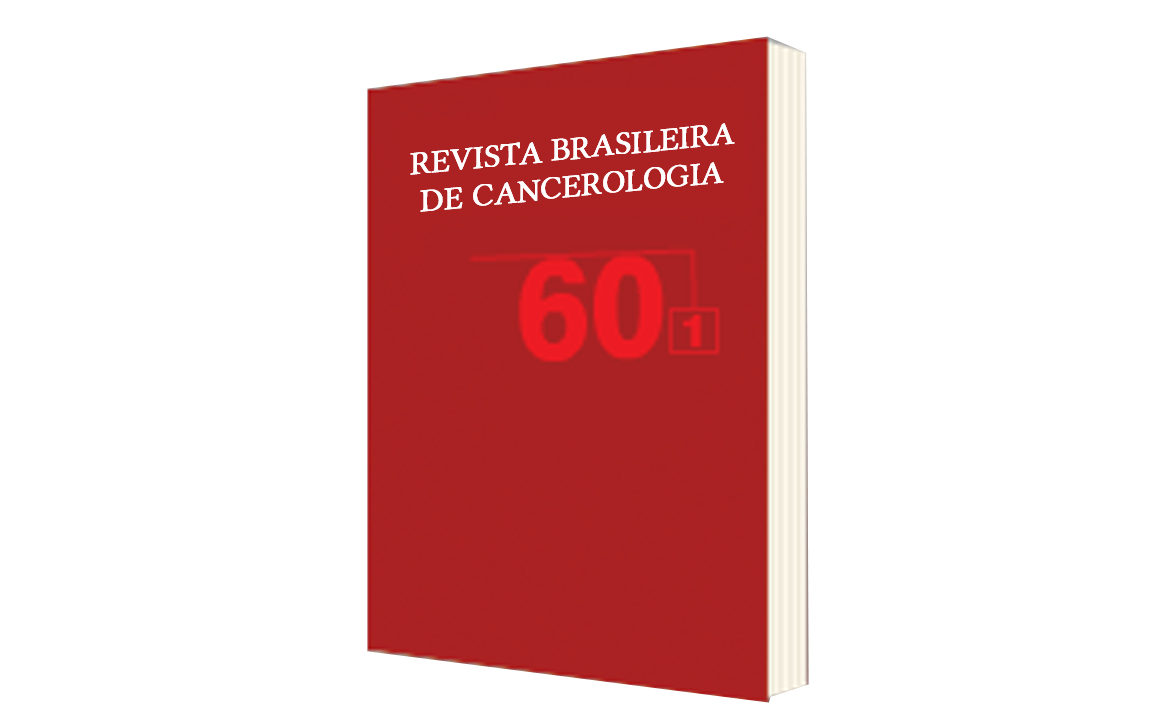Advanced Breast Cancer as a Sentinel Event for the Evaluation of the Breast Cancer Early Detection Program in the Midwest of Brazil
DOI:
https://doi.org/10.32635/2176-9745.RBC.2014v60n1.488Keywords:
Humans, Male, Breast Neoplasms, Neoplasms Staging, Delayed Diagnosis, Sentinel SurveillanceAbstract
Introduction: Breast cancer when found in its early stages, there is great possibility of cure. However, late diagnosis of the disease is still reality in several regions of Brazil. Objective: To analyze events related to diagnosis at an advanced stage of breast cancer and verify the path followed by women in health services. Method: An observational, descriptive, cross-sectional study was conducted, using the technique of investigating sentinel events in women diagnosed with advanced breast cancer, residents of the State of Mato Grosso do Sul. Qualitative data analysis was conducted according to thematic categories. Results: 12 with mean age of 47.3 years were interviewed. 58.3% of the women had mammography and breast ultrasound before cancer diagnosis and 75.0% said that the breast examination was performed on the Basic Unit Health. 58.3% women realized themselves the appearance of breast lump and the feeling of fear or ignorance was responsible for diagnosing advanced stage; another important aspect in the delay was the low case-resolving capacity of the health service. Conclusion: There is a need to develop effective strategies that prioritize early diagnosis of breast cancer in a timely manner, offering women effective care and easy access.





